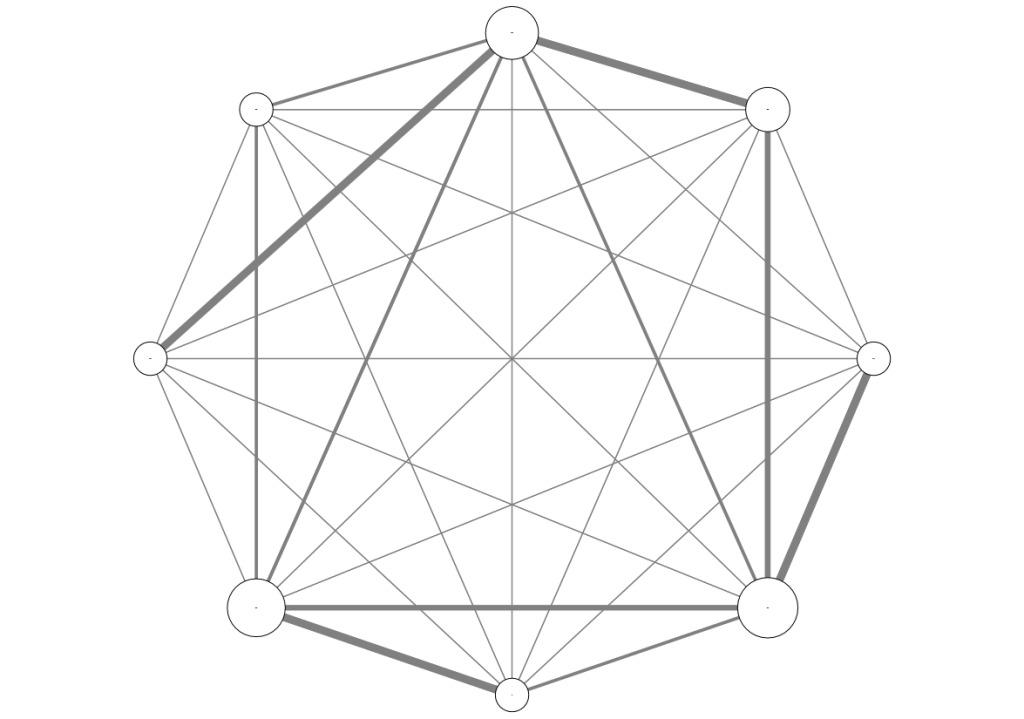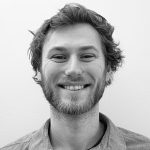Within work package 4, Jonas Bauhof from the University of Applied Sciences Bonn-Rhein-Sieg is analysing the interdisciplinary cooperation and exchange of the different work packages involved in the project.

What is your role in the EnerSHelF project?
As a distinct feature of the EnerSHelF project, besides the disciplinary work of the technical, natural, and social sciences, we are also aiming to understand processes of cooperation between the different disciplines in such an interdisciplinary research setting. My role is to identify the areas of cooperation and possible barriers and enablers of interdisciplinary research. These “lessons-learned” can be beneficial for future projects with a similar set-up.
How do you keep track of the cooperation within the different work packages?
I organise a regular, monthly seminar, where one discipline presents their interim research results of their part of the project, which leaves room for interdisciplinary discussion to emerge thereafter. Furthermore, I am attending work meetings between the disciplines to learn more about topics and themes that call for cooperation or where the exchange is already taking place. To collect more data on the scope of cooperation, my predecessor Sara Rabe and I conducted four rounds of interviews with the researchers and project partners involved in EnerSHelF. The interviews aimed at identifying any change in the intensity of exchange and the disciplines which are most likely to work together and for what reasons.
Can you give a specific example of cross-disciplinary cooperation within the EnerSHelF project?
One example is the cooperation between meteorologists and engineers. The meteorologists are collecting data such as solar irradiation and air temperature, which are important for solar power generation. This data is shared with the other sub work packages to be used for their algorithms to optimize the PV-diesel-hybrid system. For instance, the data can be used to lower uncertainties in terms of the high variability of solar energy.
But also, more distant disciplines are regularly in contact even if not cooperating on specific research questions. Here, the exchange can – for instance – entail clarifying technical questions, which are important to be understood when designing interview guidelines with health facility managers. These qualitative data collected throughout these interviews can likewise be of interest for engineers when designing solar energy projects as to better understand the needs and expectations by those using the system.
What are the advantages of interdisciplinary research projects compared to monodisciplinary ones?
The world is complex and so is research. One discipline is not able to answer wicked problems and cooperation and exchange is needed to holistically understand all its dimensions. For instance, in the case of EnerSHelF, social scientists help to understand the perception of health facility managers towards PV systems or the institutional, political, and policy barriers that might exist. And the engineers are optimizing the PV system to meet the demands of the health clinics. We are also trying to include the local community surrounding the facilities to understand their energy needs.
What are specific challenges for interdisciplinary projects?
When working in an interdisciplinary team, various challenges can emerge. Every discipline has their own disciplinary slang and way to communicate, which can be difficult to grasp at first for others. Additionally, methodologies do vary and require an openness to adaptation and willingness to learn beyond one’s own disciplinary boundaries. Especially in an international setting, communication across borders should also not be underestimated, as cultural differences can lead to misunderstanding and frustration. These aspects should be considered when planning a broad interdisciplinary project.
Jonas Bauhof is a research assistant at the International Centre for Sustainable Development (IZNE), Bonn-Rhein-Sieg University of Applied Sciences, Sankt Augustin. He also works as a project assistant at the European Association of Development Research and Training Institutes. He holds a M.Sc. in Global Development from Copenhagen University and a B.A. in European Studies from University of Bremen.
